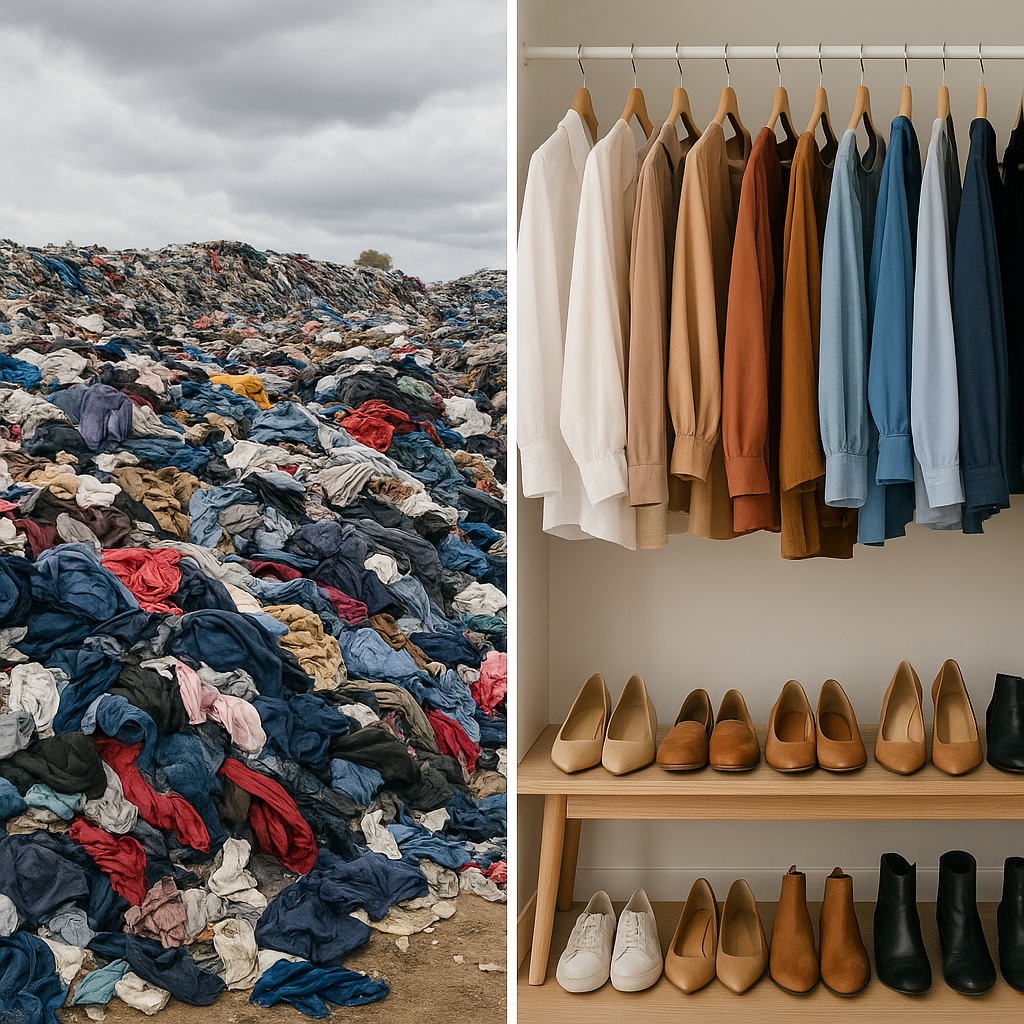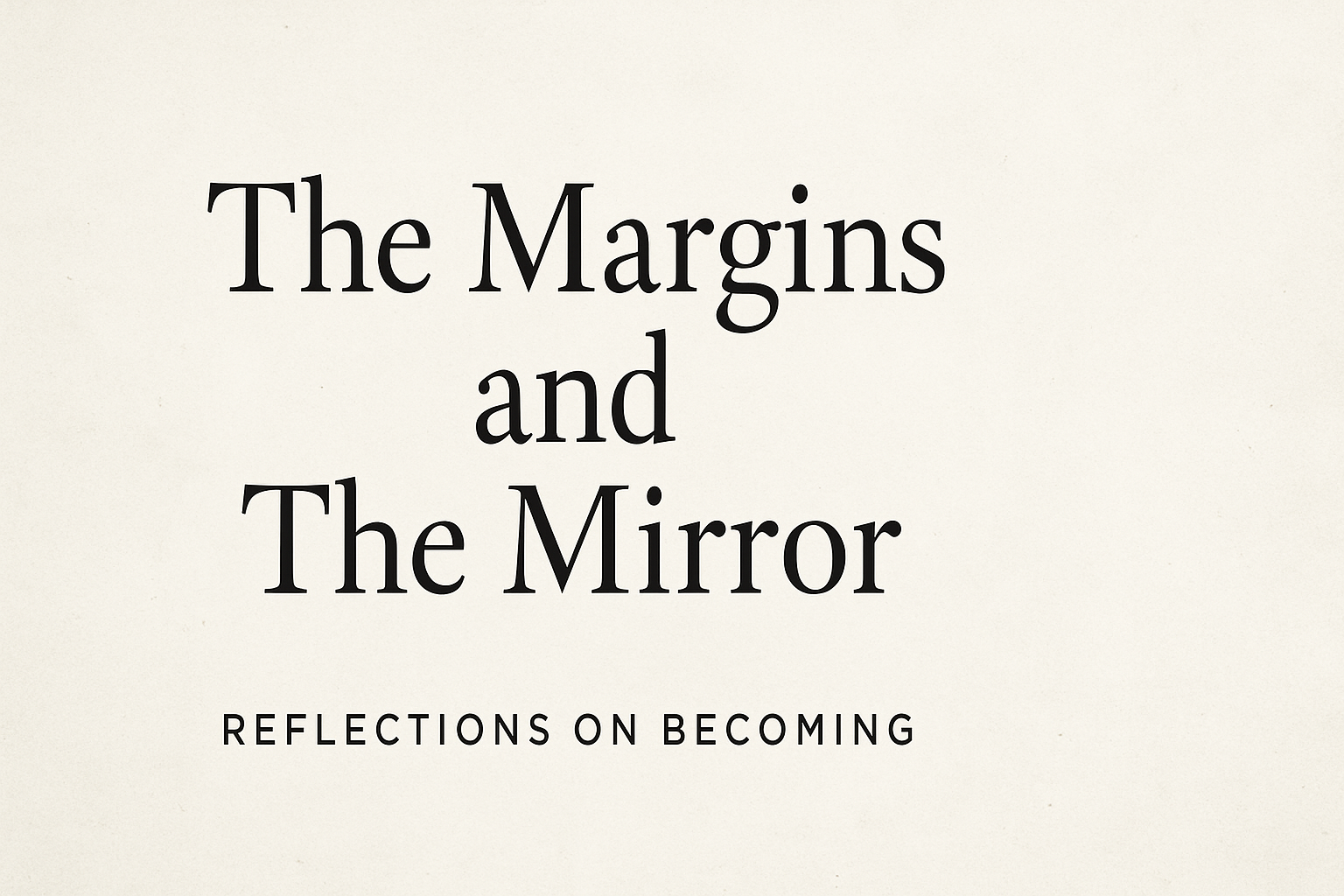The Hidden Gift in the Pain of Tariffs

What if discomfort is the portal back to what truly matters?
On their face, tariffs sting. They disrupt supply chains, inflate prices, and spark diplomatic tensions. For the American consumer, they’re felt most acutely at the checkout counter — a $5 t-shirt now costs $8, a kitchen gadget $20 instead of $12. It’s easy to rail against this. After all, we’ve grown used to instant access and low prices.
But what if buried inside the discomfort of tariffs is a necessary reckoning — and even, dare I say, a gift?
This Gift Wasn’t the Goal
Let’s be clear: this gift wasn’t intentional. The tariff policies we’re seeing under President Trump weren’t born from concern for the environment, workers’ rights, or the soul of American consumption. True to form, he is treating the global stage as a boardroom — deals to be made, adversaries bested, wins tallied.
Any good that comes from this? Not the plan — just the byproduct of our collective pause.
But even unintended consequences can be instructive.
We’ve Been Here Before
In 1987, the film Wall Street gave us Gordon Gekko, who famously declared, “Greed is good.” It was meant as a critique. But somehow, America heard it as gospel. We internalized it. We scaled it through our corporations.
Even after the 2008 collapse and a decade-long recession, we went right back to the same habits: bigger, faster, shinier. We didn’t change. We just clicked Buy Now harder.
The cost didn’t disappear. It just got outsourced — to landfills, sweatshops, oceans, and aching bodies of people whose names we’ll never know.
There’s a little Gordon Gekko in all of us. And we would do well to tame him — before he builds the next empire on our forgetfulness.
The Addiction to More
Fast fashion is greed’s favorite cousin. Clothing cycles that once followed seasons now shift weekly. The result? A glut of cheaply made goods that clog closets and choke ecosystems.
The environmental toll is staggering:
- Pesticides from cotton production
- Rivers dyed with chemical runoff
- Millions of tons of waste discarded annually
The Lie of Market Demand
Brands claim they’re “meeting demand,” but the truth? They’re manufacturing it. Designing for obsolescence. Engineering addiction to trends. Fueling it with branding and algorithmic seduction.
We don’t just consume. We’re groomed to.
And I’m not immune. I’ve hit “Buy Now.” I’ve celebrated the dopamine hit of doorstep deliveries, even while lamenting billionaire wealth and small business closures.
This isn’t a sermon. It’s a mirror.
Tariffs as Mirror — Not Bludgeon
Tariffs are typically framed as punishment for foreign bad actors.
But what if we reframed them as provocations?
What if the $5 shirt becoming $10 helps us buy one instead of three? Wear it longer? Value it more?
Could discomfort — however awkwardly delivered — prompt deeper discernment?
What If Tariffs Are a Wake-Up Call?
Maybe the real win isn’t cheaper goods, but:
- Cleaner air
- Less waste
- More humane labor practices
- And a reawakening of our inner compass
We’ve exported our ideals and imported numbness. We’ve filled homes with things and emptied lives of meaning.
If discomfort nudges us back toward intentionality — then maybe this pain carries wisdom.
And perhaps, in the discomfort, lies the beginning of something better.
Want more reflections like this?
Subscribe to The Margins and The Mirror and explore what lies beneath the headlines—and within our habits.

